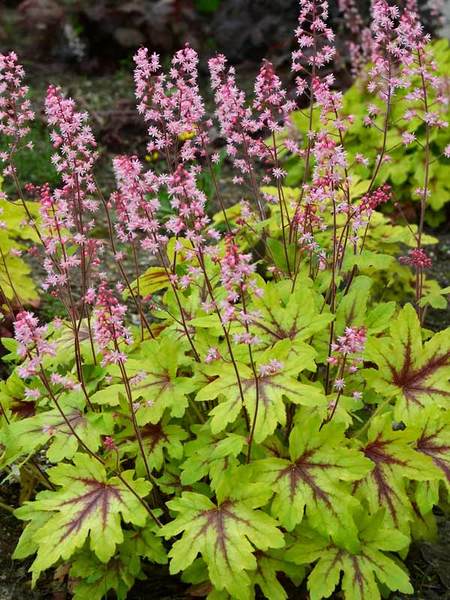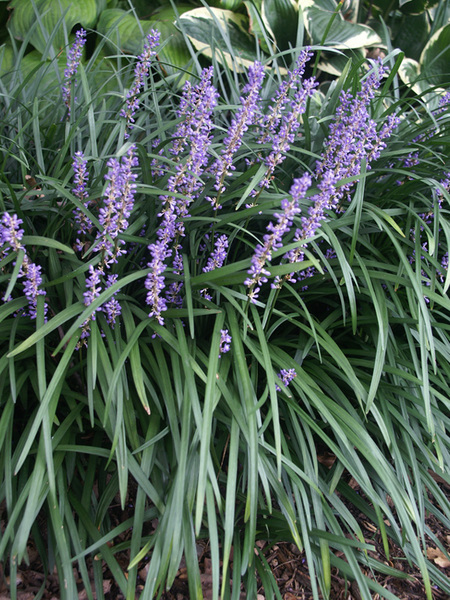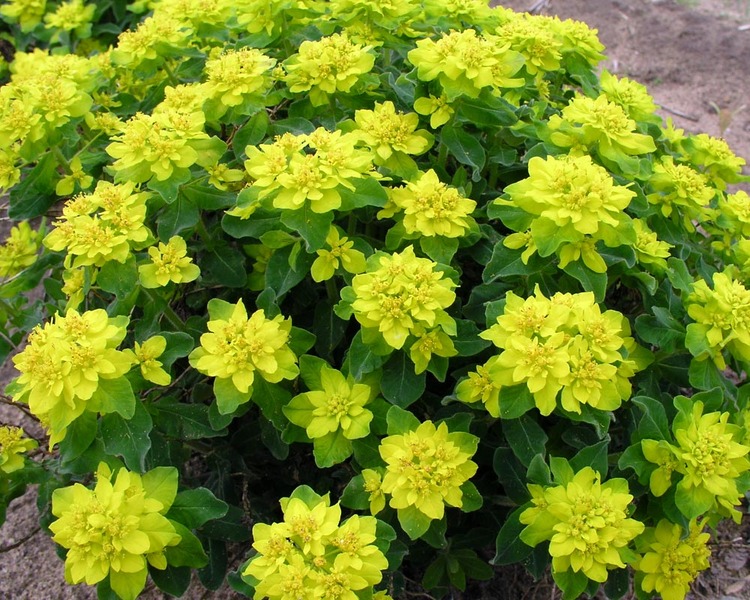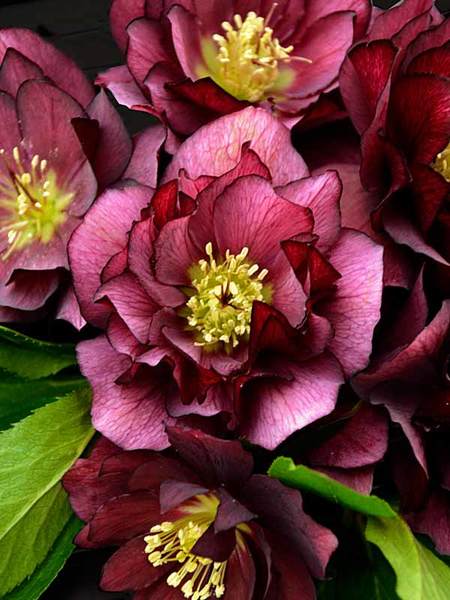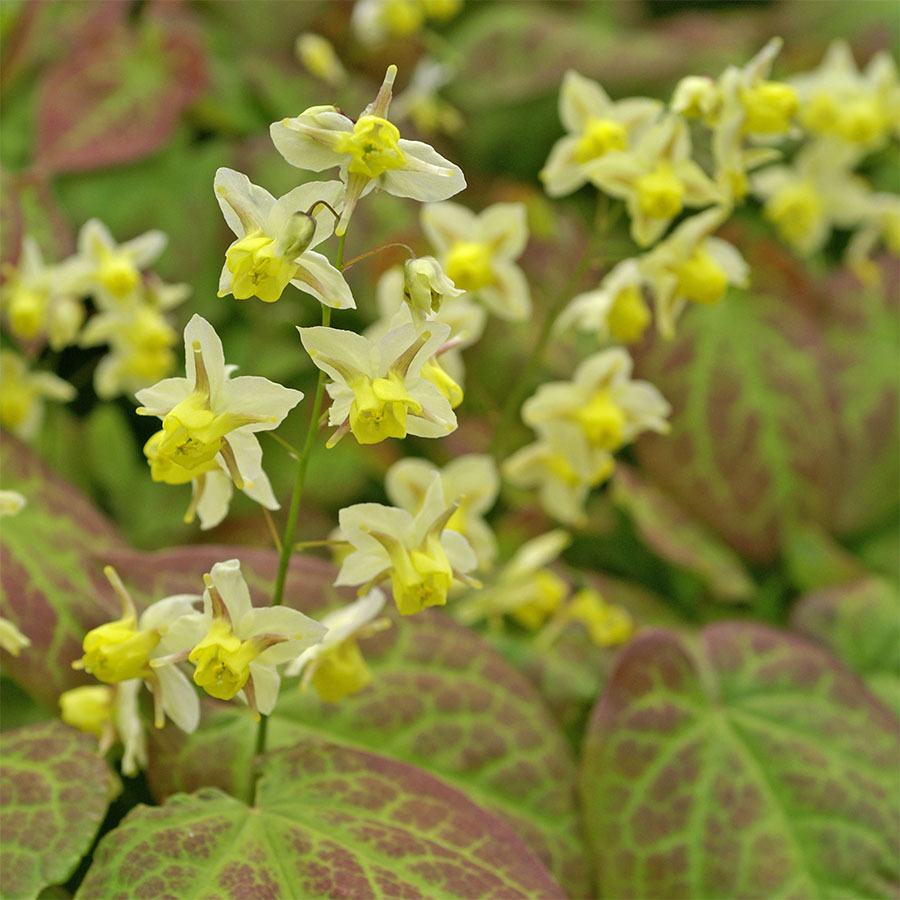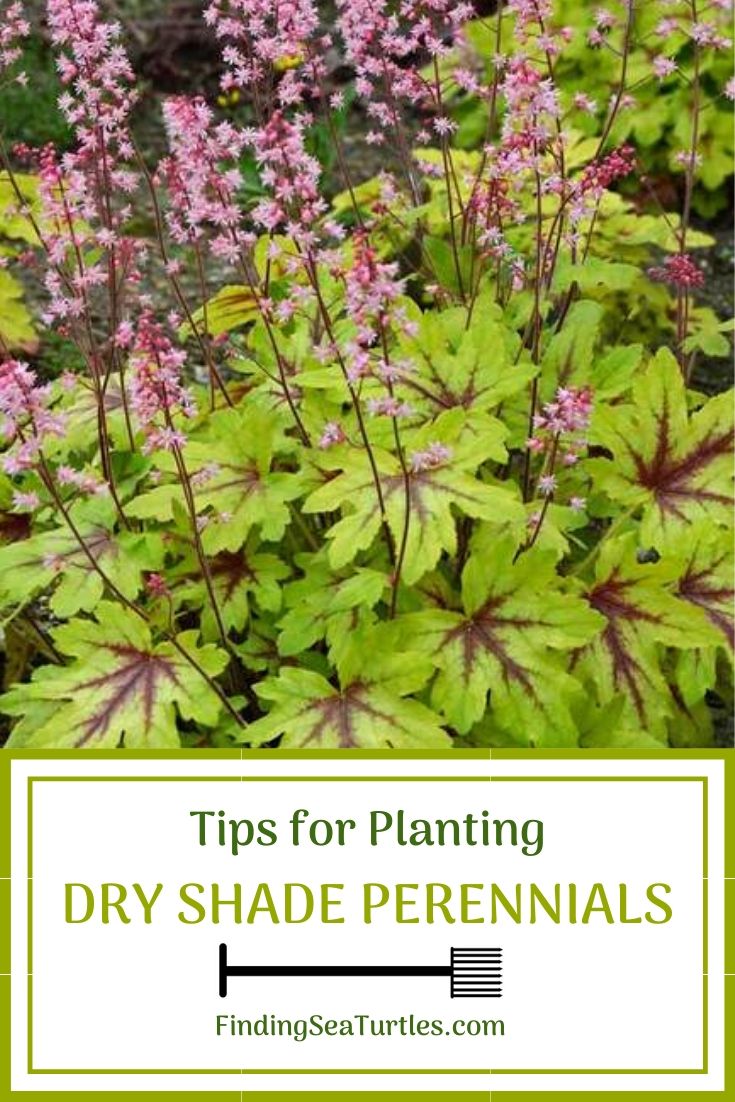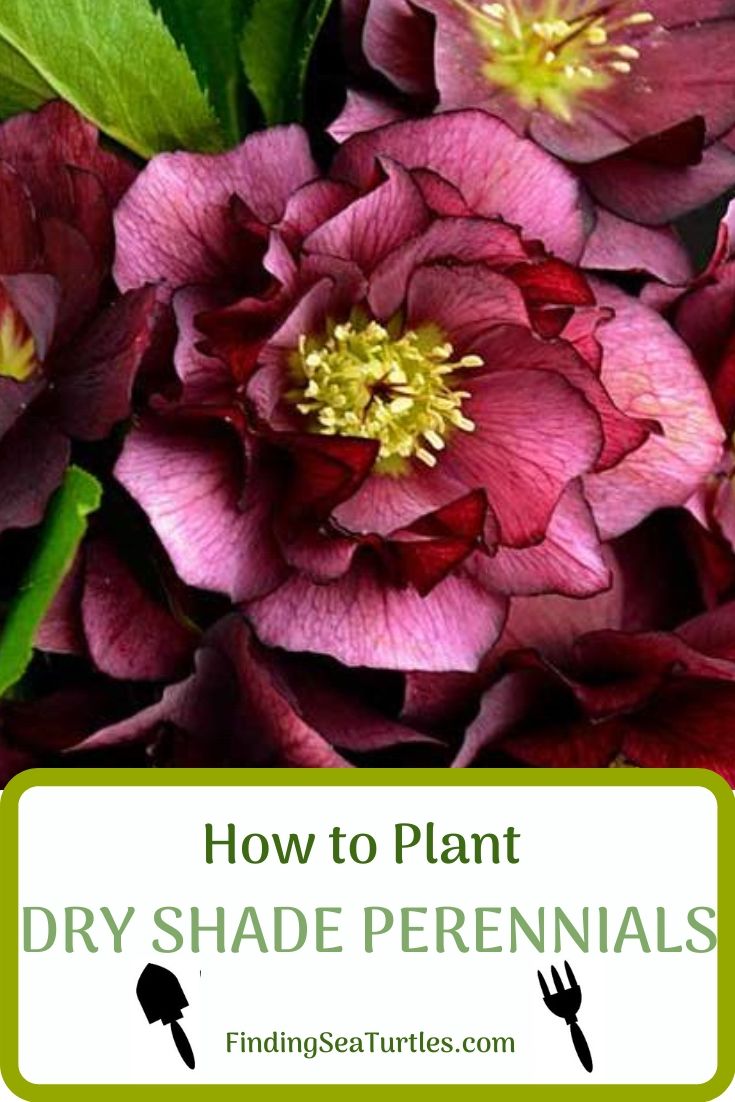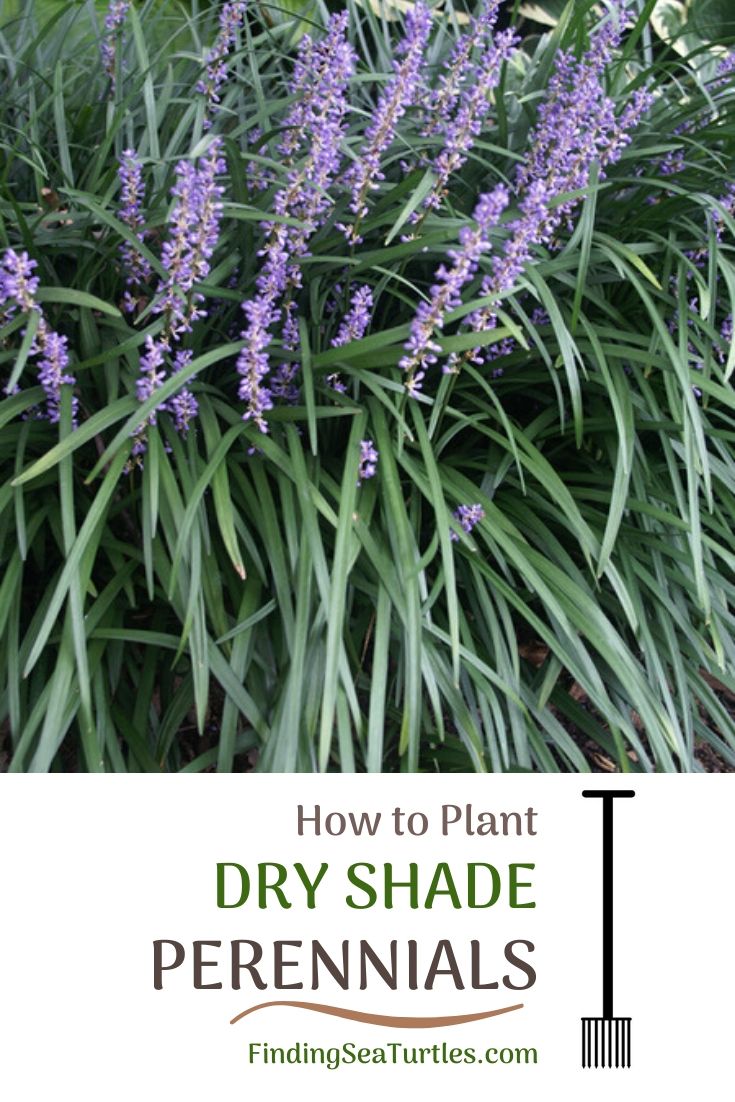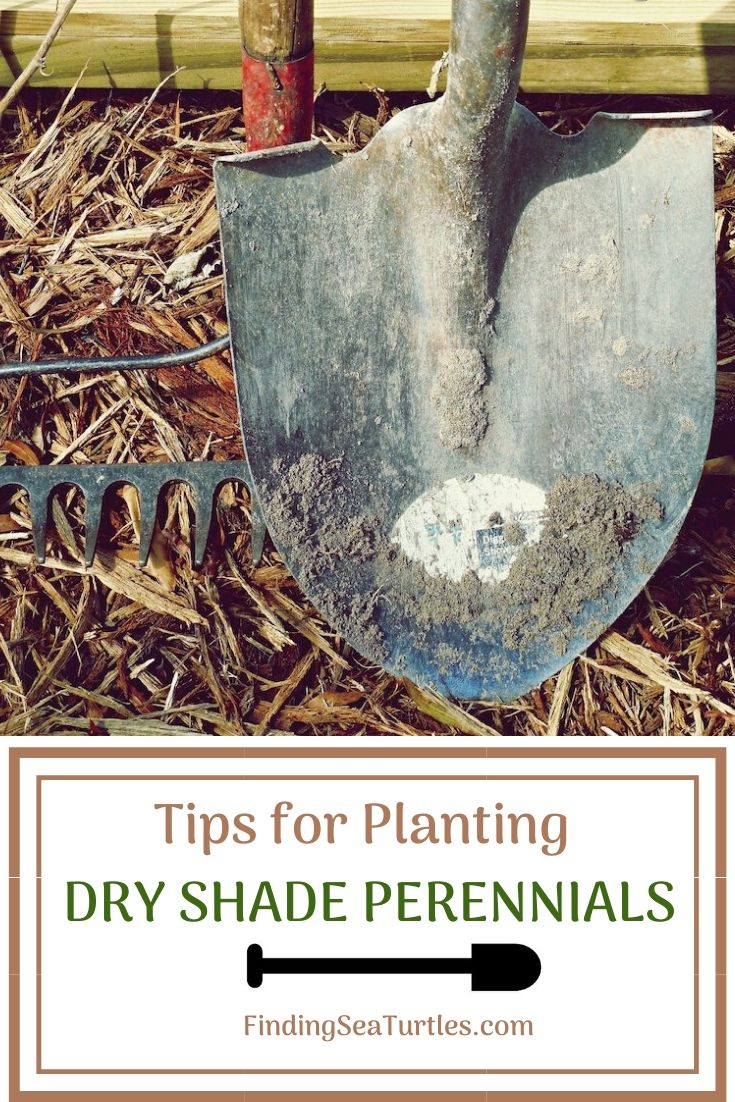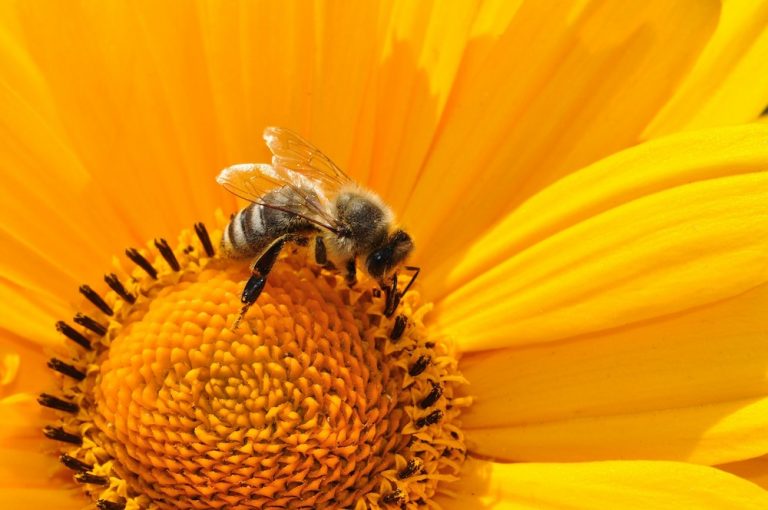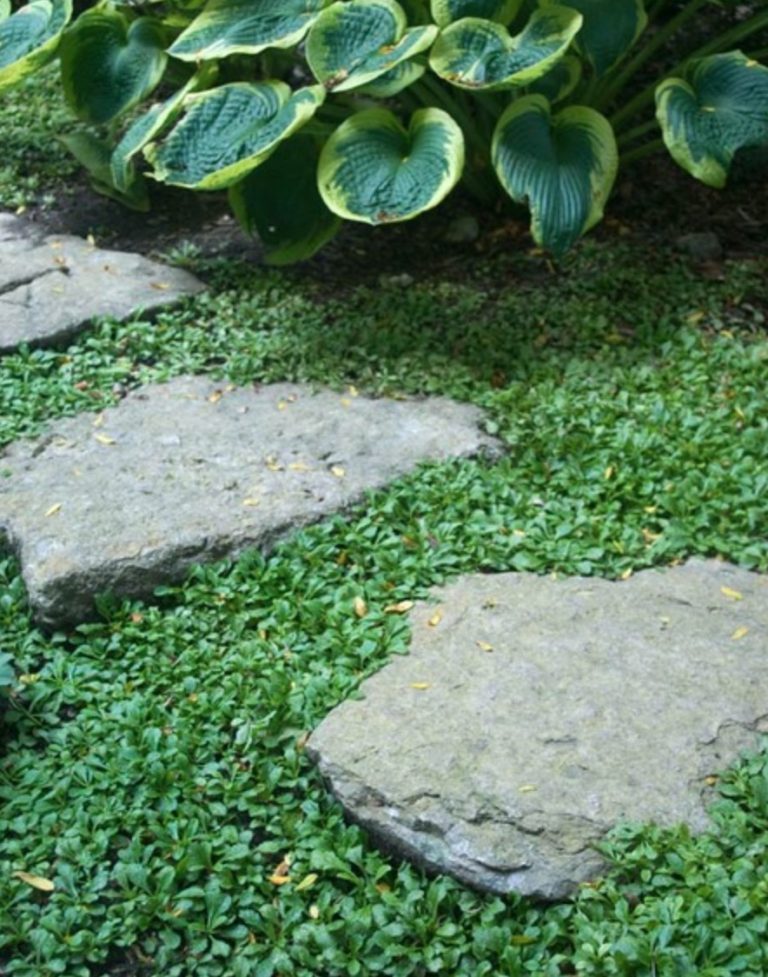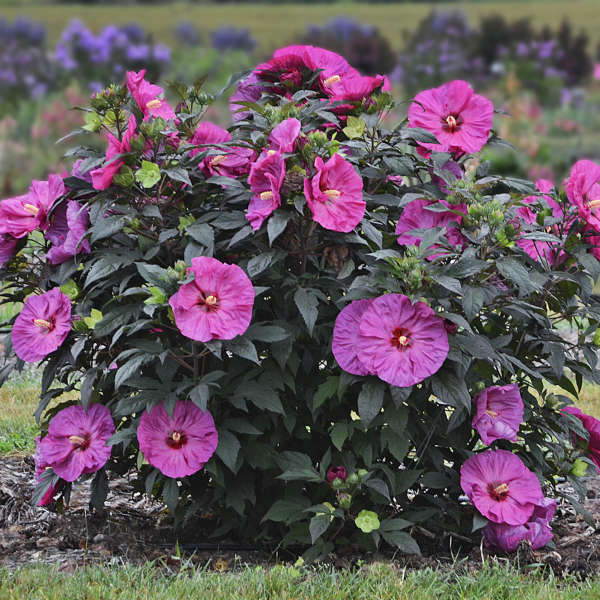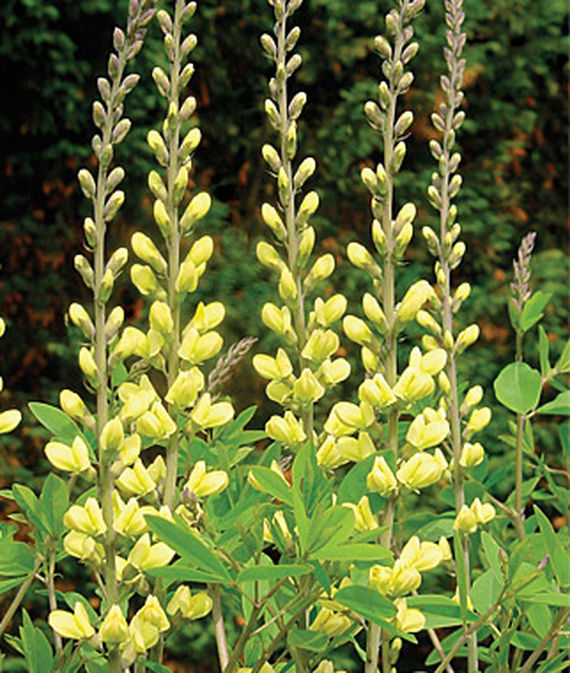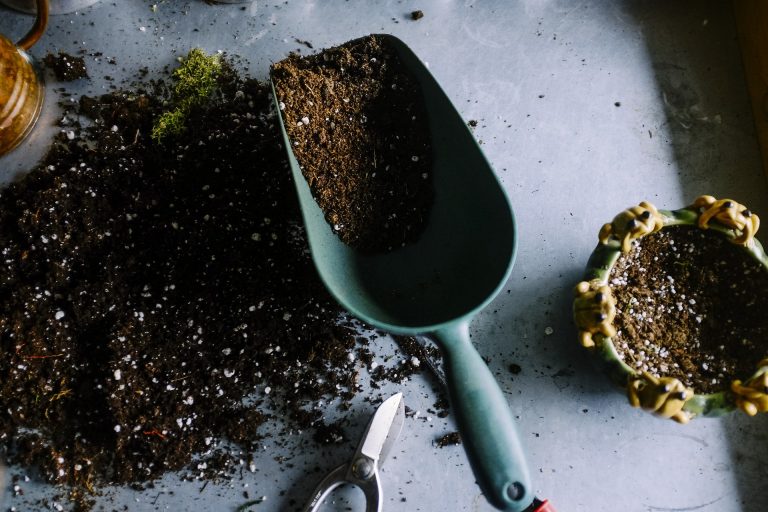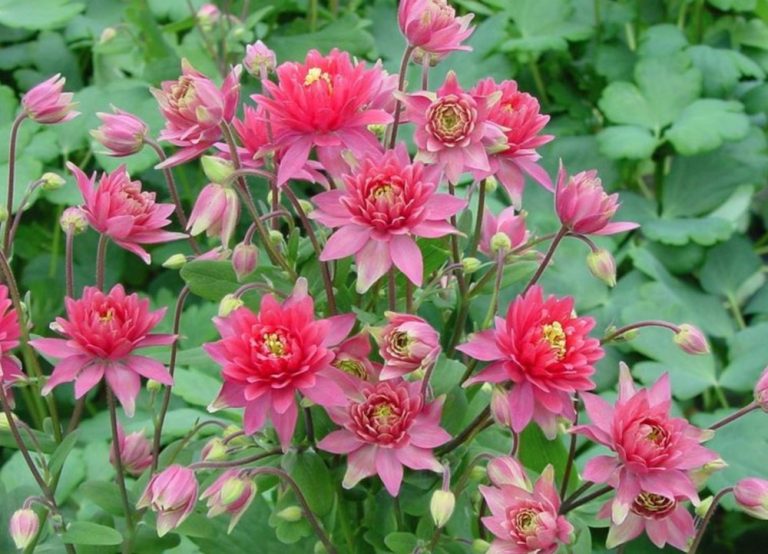7 Tips for Planting Dry Shade Perennials
Planting dry shade perennials is actually easy. However, for perennials to thrive takes a little planning and preparation.
Planting dry shade perennials requires the selection of the right kind of plants for the right garden spot. The right kind of plants are those listed in our previous post – the Best Flowering Dry Shade Perennials. These perennials will not only grow but thrive in garden conditions with limited rainfall and sunlight.
Of course, the dry shade perennials must settle in first. They must establish themselves before they will grow and mature. Remember it is possible to add color and interest to troublesome garden areas. Just simply use the right plants for the right garden space.
TIPS FOR PLANTING DRY SHADE PERENNIALS
1. Get off to a good start by amending the soil. Add organic matter to the existing garden soil. Mix garden soil with either leaf mould or garden compost to boost the soil’s moisture retention capabilities. Increase moisture retention not only maintains the soil’s moisture but allows excess water to drain away from the plant roots. Improved moisture retention provides a healthy growing environment for plant roots to expand.
2. Be sure to add organic matter to the garden soil every year to help maintain those moisture retention capabilities.
3. After planting the dry shade plants water them throughly. And continue to water these newly planted dry shade plants throughout the first and second year. This practice enables the plants to settle in, mature, and become established in the garden.
4. Remember that plants labeled as “dry shade tolerant” doesn’t mean they will survive without any moisture or rainfall. They do need water especially when rainwater levels are low. A rule of thumb is that under dry shade conditions, plants with smaller, thicker foliage survive the longest. Supplement water the first and second years to improve a plant’s success. Then water the plants’ root zones as needed when the garden experiences periods of insufficient rainfall.
Planting Dry Shade Perennials Near Trees
5. When planting under an established tree, avoid planting closer than one to two feet from the trunk. Digging individual holes rather than prepping the entire site at once can help minimize damage to surface roots. Introduce plants to established trees’ root zones over several growing seasons.
6. Careful when planting near a tree’s roots. Adding soil to the tree roots can have an adverse effect on the long-term tree health. Add mulch to help with water retention but keep mulch away from the tree trunk at lease a minimum of 6 inches.
7. Select evergreen plants that tolerate the Winter Sun when the leaves have fallen from the tree.
Dry Shade Perennials
Some dry shade perennials to consider for a dry shade garden site are:
Big Blue Liriope
Liriope muscari is a tough perennial that tolerates the darkest and driest of conditions.
Euphorbia Polychroma
Euphorbia has revealing vivid lime flowers in late spring, this tough, fast-growing wood spurge is ideal for dry spots under trees.
True Love Helleborus
Hellebores have sumptuous flowers that open from late winter. The colors of Hellebores range from white to pink, plum and near-black.
Fairy Wings Epimediums
Epimediums are low-maintenance perennials that thrive in dry soil. They blend in well with hellebores and spring bulbs. Best soil conditions to grow in is an acidic soil.
These are our 8 tips for planting dry shade perennials. Useful, tough plants that can brighten a dark shady garden area.
Interested in gardening? If you found this helpful . . .
Enjoy some of our other gardening posts:
16 Best Flowering Ground Covers for Shade
15 Best Flowering Ground Covers for Sun
Garden Erosion Control Plants for Slopes and Banks
And if you have any questions, feel free to reach out to us. We always are ready to help you out. Thank you for dropping by.
Mary

